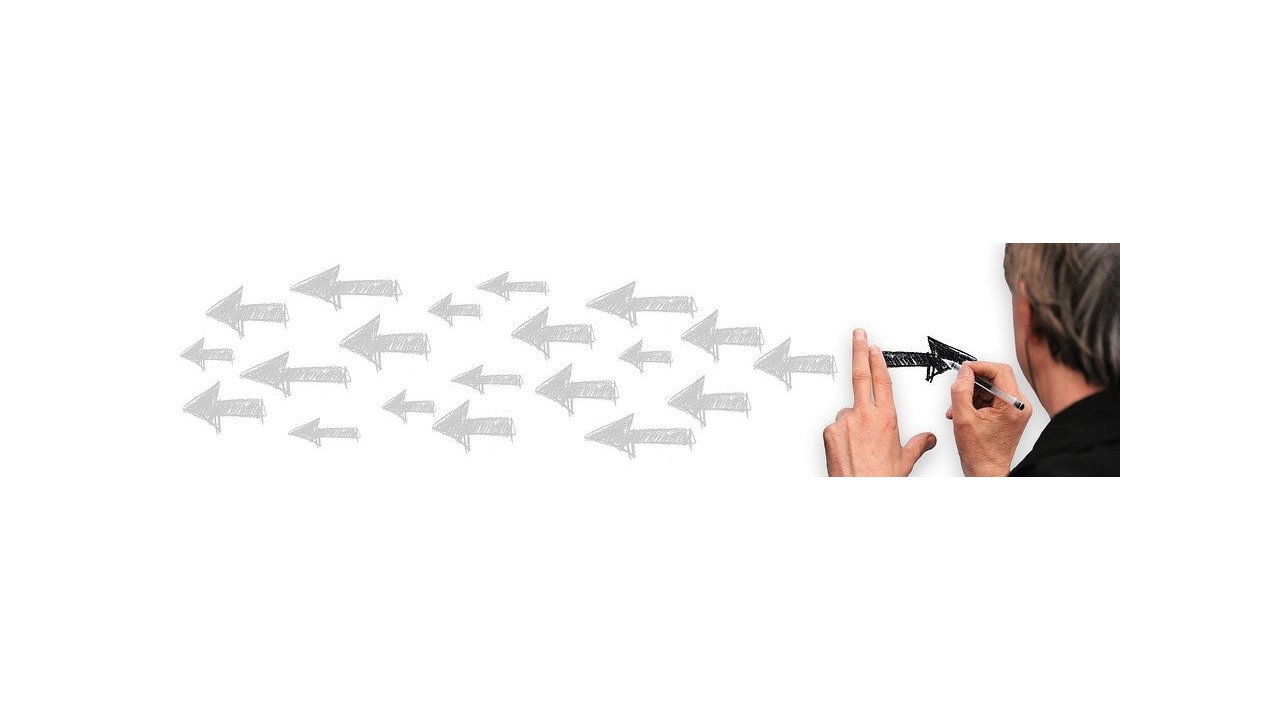
Lasting Culture Change as a Competitive Advantage
Successful leaders understand that a healthy and aligned corporate culture can either accelerate success or undermine it. Positive, aligned cultures drive change rather than obstruct it, creating a sustainable competitive advantage in both people and performance. With the speed of change today, how work gets done — your organizational culture — can be as powerful a differentiator as strategy itself.
Want higher performance, stronger customer focus, and more consistent strategy execution? Culture research and change management training data point to five key tenets for creating enduring change:
Some cultures amplify performance (e.g., Southwest Airlines); others hinder it (e.g., The Department of Veterans Affairs). Leaders who fail to understand and intentionally shape their culture risk falling short of their strategic potential.
Ask yourself: is your culture helping or hindering strategy execution?
Ask yourself: what can we leverage to help get us where we want to go?
Ask yourself: what cultural shifts matter most that we can actually make happen?
Ask yourself: is there anything about the way work gets done that is a barrier to change?
Ask yourself: is there enough transparency and accountability to truly drive change?
The Bottom Line
Ignoring corporate culture during change initiatives is a recipe for failure. Aligned culture energizes and accelerates change, while misaligned culture obstructs progress and threatens sustainability. Leaders who purposefully shape and reinforce culture gain a measurable competitive advantage. Are you actively creating lasting culture change in your organization?
To learn more about how to align your culture, download the 3 Research-Backed Levels of Culture that Leaders Must Get Aligned

Tristam Brown is an executive business consultant and organizational development expert with more than three decades of experience helping organizations accelerate performance, build high-impact teams, and turn strategy into execution. As CEO of LSA Global, he works with leaders to get and stay aligned™ through research-backed strategy, culture, and talent solutions that produce measurable, business-critical results. See full bio.
Explore real world results for clients like you striving to create higher performance